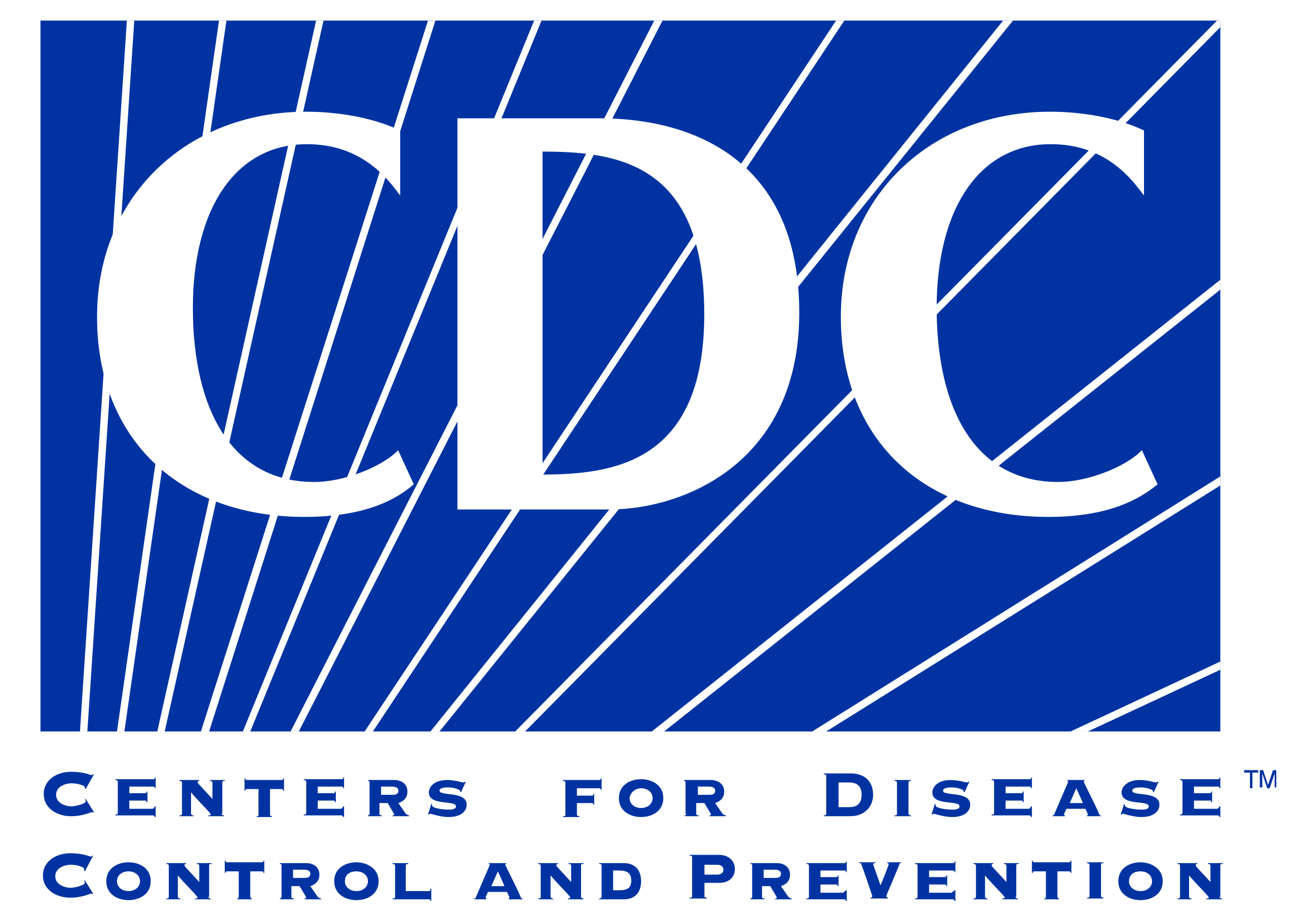FDA Joins CDC, Issues Warning Over EzriCare Artificial Tears
The FDA and CDC are urging the immediate discontinuation of EzriCare Artificial Tears as they investigates a multistate cluster of potential bacterial contamination.

2/3 Update: The US Food and Drug Administration (FDA) is now warning consumers and health care practitioners not to purchase and immediately discontinue using EzriCare Artificial Tears or Delsam Pharma’s Artificial Tears due to potential bacterial contamination.2
These are over-the-counter products manufactured by Global Pharma Healthcare Private Limited, intended to be sterile. Global Pharma has initiated a voluntary recall at the consumer level of all unexpired lots of both EzriCare Artificial Tears and Delsam Pharma’s Artificial Tears.
The FDA recommended the recall due to current good manufacturing practice (CGMP) violations from the company, including lack of appropriate microbial testing and lack of proper controls concerning tamper-evident packaging. Formulation issues were also indicated, as the FDA said the company manufactures and distributes ophthalmic drugs in multi-use bottles, without an adequate preservative.
The agency has additionally placed Global Pharma Healthcare Private Limited on import alert for providing an inadequate response to a records request and for not complying with CGMP requirements. The import alert will prevent these products from entering the United States.
2/2: The Centers for Disease Control and Prevention (CDC) is recommending that clinicians and patients immediately discontinue the use of EzriCare Artificial Tears, as it investigates a cluster of bacterial infections associated with the eye drops.1
As of February 1, the CDC has issued a Health Alert Network (HAN) Health Advisory about infections related to an extensively drug-resistant strain of Verona Integron-mediated Metallo-β-lactamase (VIM) and Guiana-Extended Spectrum-β-Lactamase (GES)-producing carbapenem-resistant Pseudomonas aeruginosa (VIM-GES-CRPA).
Patient outcomes related to infection have included permanent vision loss resulting from cornea infection, hospitalization, and a single death due to systemic infection.
By the end of January, the CDC and state health departments identified 55 case-patients in 12 states. Cases were reported in California, Colorado, Connecticut, Florida, New Jersey, New Mexico, New York, Nevada, Texas, Utah, Washington and Wisconsin. Thirty-five of these patients were linked to four healthcare facility clusters.
A review of common exposure revealed that most patients used artificial tears prior to identification of VIM-GES-CRPA infection or colonization. Patients reported more than 10 different brands of artificial tears, and some patients used multiple brands. However, most patients who used artificial tears indicated using EzriCare Artificial Tears, the only common artificial tears product identified across the four facility clusters.1
In laboratory testing, the CDC identified the presence of the outbreak strain in opened EzriCare bottles collected from patients with and without eye infections in two states. The product-related VIM-GES-CRPA matched the outbreak strain and could represent either bacterial contamination during use or during the manufacturing process.1 The testing of unopened bottles is currently underway to assist in evaluating the time and place of contamination.
“If confirmed, I think this link is concerning for a number of reasons. First and foremost, the severity of the infections seems to be alarming,” said Veeral Sheth, MD, Director of Clinical Trials, University Retina, in an interview with HCPLive. “The second concern is that artificial tears are so ubiquitous with countless patients using them this time of year when the air is cooler and drier in many parts of the country."
Pending further guidance from the CDC and the US Food and Drug Administration, it is recommended to immediately discontinue the use of EzriCare Artificial Tears. They advise clinicians to monitor patients signs and symptoms of infection and perform culture and antimicrobial susceptibility testing when clinically indicated. Meanwhile, if patients were advised to use the specific brand, they recommend following up with their healthcare provider for an alternative artificial tear product.
The CDC indicated that healthcare providers treating VIM-GES-CRPA infection should consult with a specialist well-versed in the treatment of antibiotic-resistant bacteria to determine the best treatment plan. However, they did not recommend testing patients who have used the product and are not experiencing any signs or symptoms of infection.1
“I am worried that the number of patients affected may be larger than what is reported at this time and that the reported number may grow as people become more aware of this link,” Sheth told HCPLive.
Editor's note: This story was originally published with the title "CDC Issues Health Advisory for Infection Outbreak Related to Artifical Tears," but was changed to "FDA Joins CDC, Issues Warning Over EzriCare Artificial Tears" to reflect the addition of the FDA's warning.
References
1. Health Alert Network (HAN) - 00485. Centers for Disease Control and Prevention. https://emergency.cdc.gov/han/2023/han00485.asp?ACSTrackingID=USCDC_511-DM98842&ACSTrackingLabel=HAN+485+-+General+Public&deliveryName=USCDC_511-DM98842. Published February 1, 2023. Accessed February 2, 2023.
2. Center for Drug Evaluation and Research. FDA warns consumers not to purchase or use EzriCare artificial tears. U.S. Food and Drug Administration. https://www.fda.gov/drugs/drug-safety-and-availability/fda-warns-consumers-not-purchase-or-use-ezricare-artificial-tears-due-potential-contamination. Published February 2, 2023. Accessed February 3, 2023.
2 Commerce Drive
Cranbury, NJ 08512
All rights reserved.